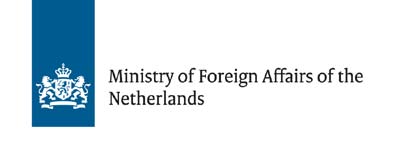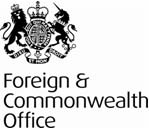Measuring Effectiveness In CT Programming
On the 9th and 10th of February Integrity was asked to present to government representatives, experts, and practitioners at a colloquium in Ottawa on lessons learned and insights on monitoring and evaluating measures to counter violent extremism. The colloquium was organised by the Center on Global Counter-terrorism Cooperation and co-financed by the Canadian Ministry of Public Safety, the Dutch Ministry of Foreign Affairs, and the British Foreign and Commonwealth Office. Participants included a broad range of experts and practitioners from approximately fifteen governments, as well as representatives from academia, aid organisations, the private sector, and multilateral organisations such as the United Nations. Head of Programme Design and Evaluation Martine Zeuthen presented on insights from the field of conflict transformation and the challenges involved in measuring the impact of interventions in a conflict environment.
Many states have undertaken efforts to develop programs to prevent terrorism and elaborate strategies to counter violent extremism. Governments are concerned to know whether these prevention strategies – which are a relatively new addition to the counter-terrorism toolkit – are effective. At the same time, governments are facing budgetary pressures and are keen to deploy limited resources in an optimal fashion. States and program administrators therefore confront the need to evaluate them and consider the development of indicators against which effectiveness of ongoing programs might be assessed. Participants in the colloquium acknowledged the timeliness of this discussion and were eager to see it continue and allow for greater cooperation and collaboration among governments and relevant experts.
During the colloquium, the Canadian Minister of Public Safety, Vic Troews, announced the launch of Canada’s Counter-Terrorism Strategy, Building Resilience Against Terrorism, and reminded participants that, “While there are many counter-terrorism programs in place there is currently little information on how to measure their effectiveness. In an era of global fiscal uncertainty, we need to know that we are directing our efforts and resources towards programs that are having a positive impact on our world.”



